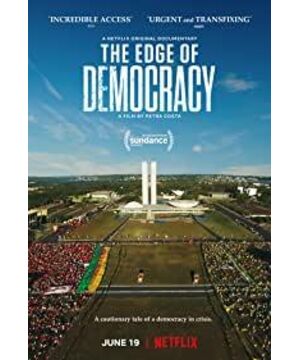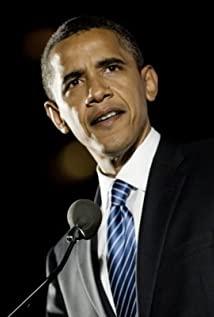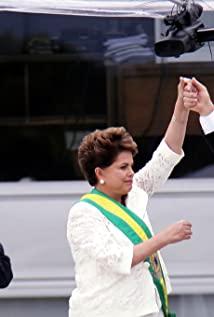Brazilian director Petra Costa documentary "The Edge of Democracy" (2019). The changes in Brazil over the years are the epitome of the shift towards populism and right-wing fascism in democratic elections throughout the world. I also think of our current situation, which will be detailed later.
The most impressive were former presidents Lula and Dilma Rousseff.
Lula was a steel worker and a union leader. His turn to politics was due to an accidental visit to the parliament: more than 400 members, only two from the working class. He is determined to change this system and form a "Labor Party" (PT) with some union leaders, scholars and intellectuals. He started running for the election in 1989, 1994, 1998... and was finally elected president in 2003. The Brazilian political arena, which has been ruled by the military government and chaebol groups for many years, has given ordinary people hope. He promoted a series of policies to lift 20 million people out of poverty and hunger, so that low-level, non-white children can be educated and go to college (even so, Brazilian friend L said that most universities in Brazil are filled with middle-class white faces). These, of course, have also been criticized and attacked by interest groups. He was finally imprisoned on untenable corruption charges.
Rousseff, a left-wing guerrilla who rebelled against the military government when he was young, was imprisoned and tortured. In a photo at the time, the perpetrator covered his face, and the young Rousseff was fearless. She was not as soft as Lula, who did not compromise with various forces, and had the perseverance and dignity of a soldier, and was eventually impeached on an unreasonable charge.
The director of Costa’s parents came from a powerful family. When they were young, they were influenced by left-wing ideas and revolutionary waves, and they all turned to the underground to rebel against the military government. Costa's mother was also held in the same prison as Rousseff. As a survivor of the military government's repression, Rousseff told the former: "We are actually free when we are anonymous." And she, where responsibility is tied, her reputation tied to the fate of the country's people, can no longer remain anonymous. After being impeached, she said: History will judge everything.
Ordinary people's love for Lula is the most moving one, as the boundless crowd surrounds him. It has not been seen in many years that the leader and the people of a country can be so close, trust each other, and be defenseless. Before he went to prison, he said to his tearful supporters: "Even if my movement is restricted, you are acting for me; my thoughts and dreams are everywhere, and you are spreading and sharing them; even if my heart stops one day Beating, your hearts are beating for me". Ordinary people know who really thinks about them, and they love him from the bottom of their hearts. The charm of Lula's speech is indeed amazing.
In 2018, Bolsonaro, a right-wing former military officer who supported violence and incited hatred to drive “red criminals” out of Brazil, was elected president and appointed the judge who sentenced Lula to prison as his justice minister.
A leader of the "Labor Party" said: "We used to say'one foot inside the door, one foot outside the door.' "Outside the door" is to organize and lead social resistance, and "in the door" is to enter the system to change. But now We made the same mistakes as other political parties." That is to be separated from the masses and assimilated by a corrupt system and equally corrupt.
In addition, between ordinary people and their beloved left-wing president, there are countless powerful elites of consortiums that are much stronger than them: bankers, financiers, lawyers, judges, parliamentarians, and the Brazilian media controlled by nine families. They will use all their power to undermine the governance of the left-wing president, even with the help of military coups supported by the CIA, from Rousseff and Lula to Chile’s democratically elected President Salvador Allende. At present, in our country, it is also clear at a glance which forces stand with the people and which are the opposites.
View more about The Edge of Democracy reviews











